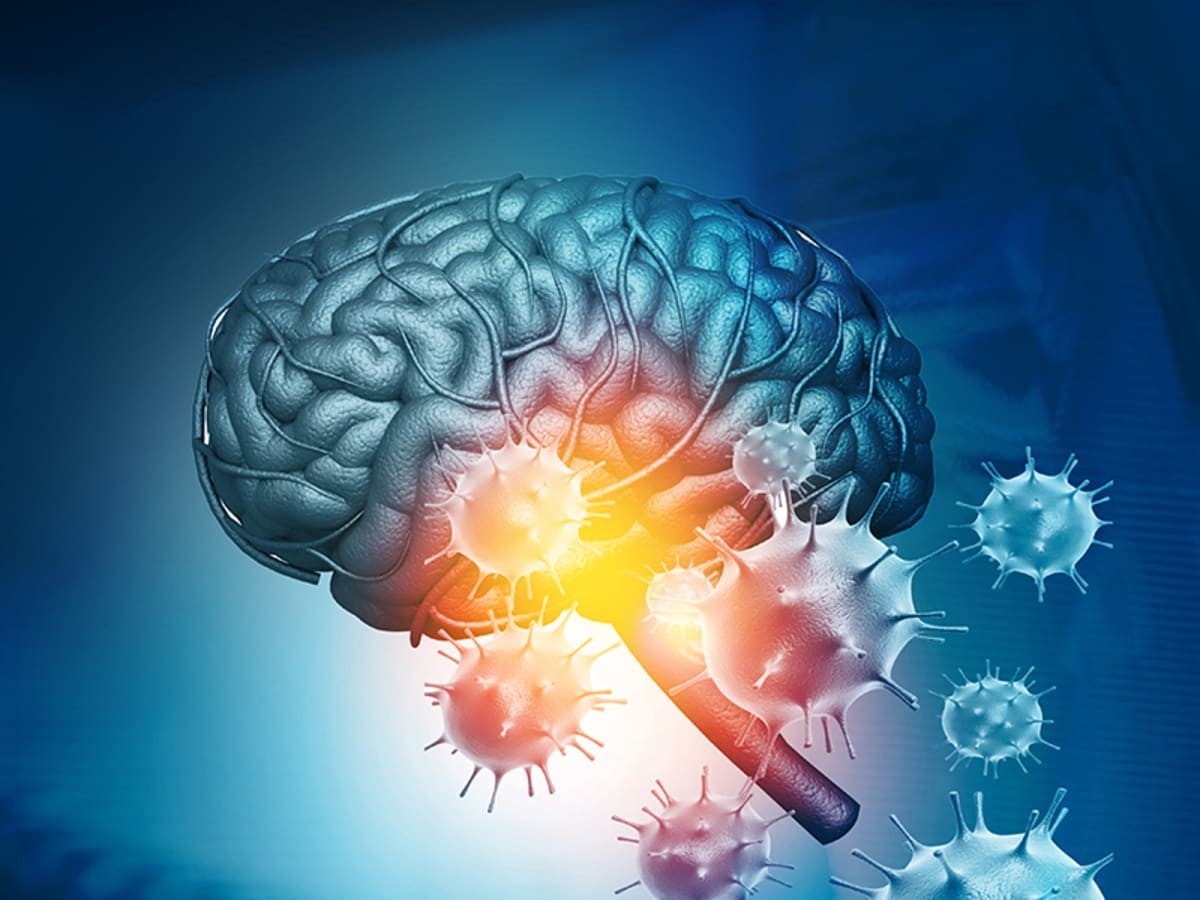” Long-haulers “: patients with post-covid syndrome in routine clinical practice
At the beginning of the COVID 19 pandemic, SARS-CoV 2 disease was thought to be transient (like most respiratory viral infections). The World Health Organization later reported that the duration of a new coronavirus disease from the onset of the first symptoms to mild clinical recovery is ≈2 weeks, and in severe or moderate cases, 3 to 6 weeks.
However, it later became clear that many patients (regardless of the form and severity of coronavirus disease) for weeks or even months, a set of debilitating symptoms that significantly reduce the quality of life. The pathogenesis, duration and frequency of development of this symptom complex are currently unclear, however, continue to be actively studied. To date, there is also no clear definition of this condition, so terms such as “long-term COVID 19”, “post-COVID 19 syndrome” are often used to formulate a diagnosis; in the English-language media there is also a definition – «long-haulers», in our area use the term “post-covid syndrome”.
- • The publication highlights the fact of endothelial damage during COVID-19 and the role of SARS-CoV-2-associated endothelium in the formation of post-covid syndrome
- • Cardiovascular and neurological complications after COVID-19 are described
- • The therapeutic potential of Tivortin Aspartate and its feasibility in patients who have undergone COVID-19 is revealed.

